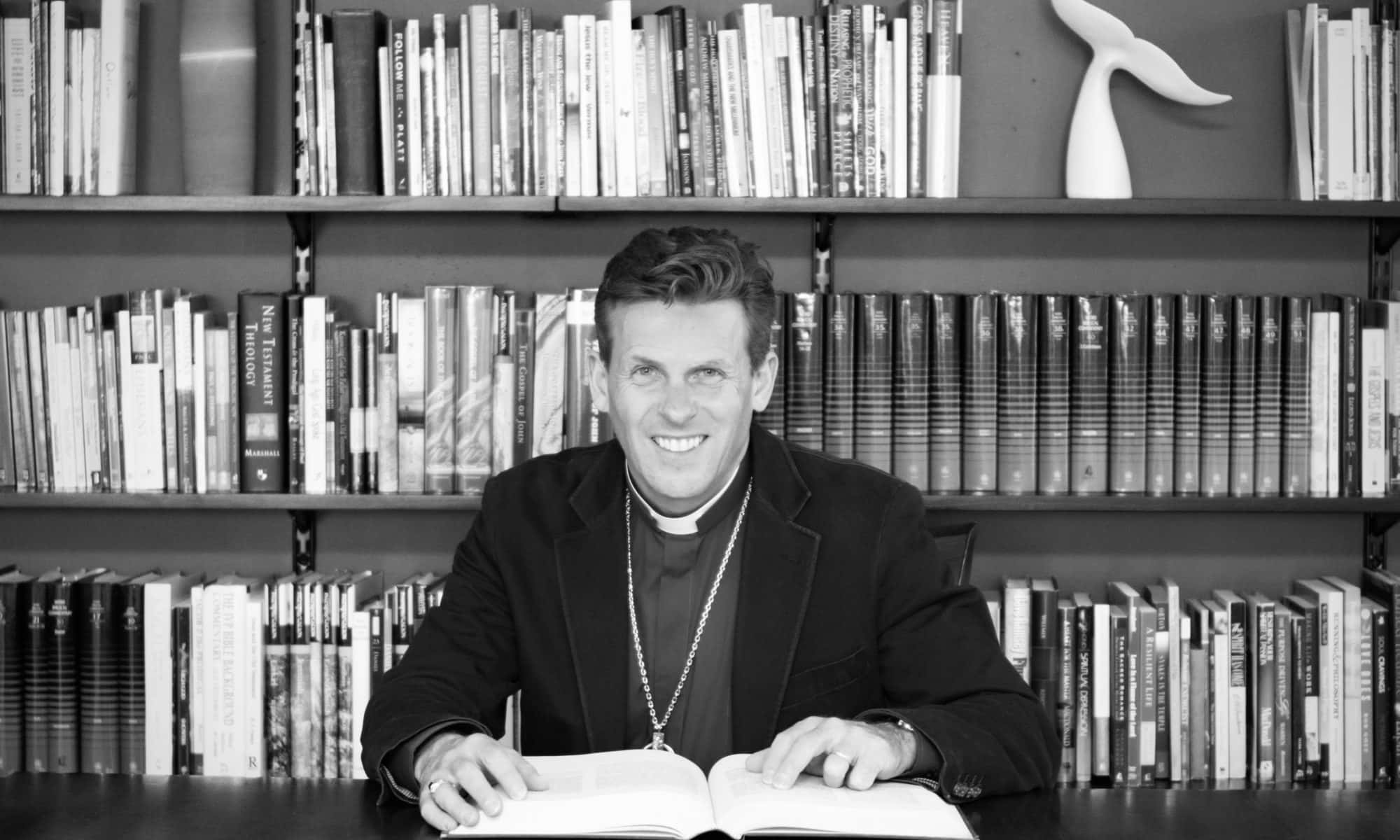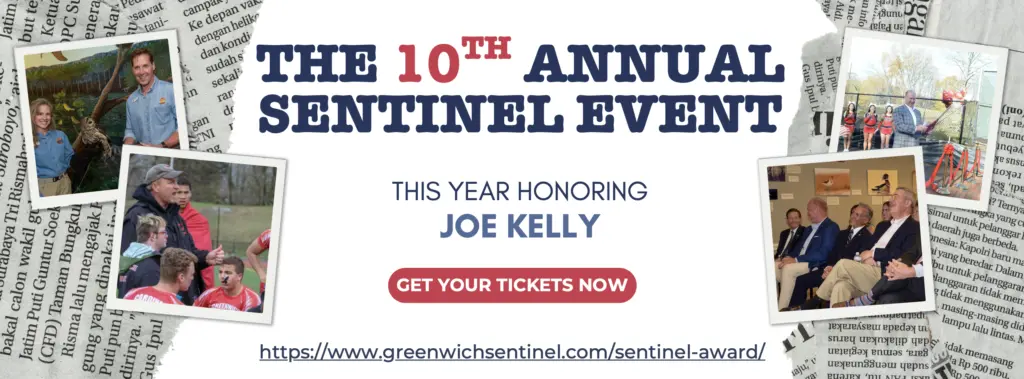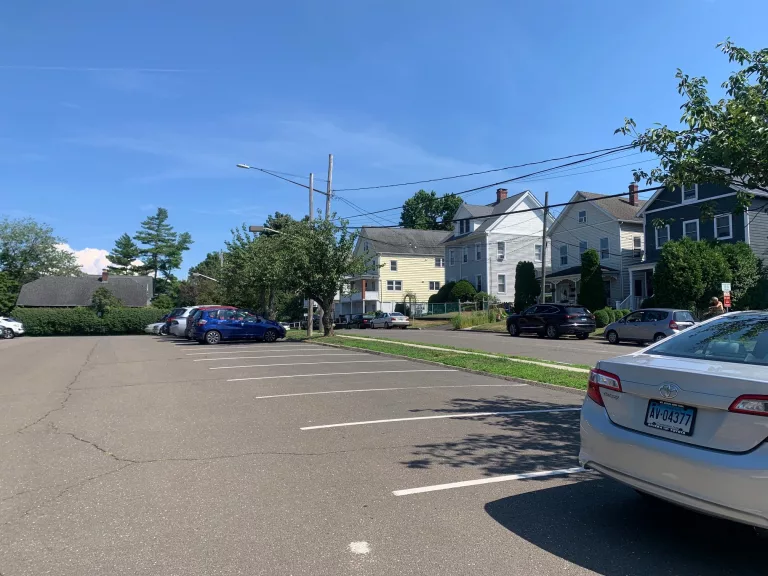
 By Drew Williams
By Drew Williams
My mom, who lives in the UK, is active and well. She is, however, by dint of her age, classified as “vulnerable” for the purposes of the Coronavirus threat.
This week, she received a note through her door, from her immediate neighbor (a young mom with kids). The note read,
We just wanted to let you know that we are here to help in any way we can. Just in case you have mislaid it – here is my cell number. Please text me with your groceries and it would be our pleasure for me to fetch them for you. We can leave them on your front doorstep if you prefer. And if it is not raining on Saturday, why don’t we stand with a cup of coffee on our respective sides of the garden fence and let’s catch up! Shall we say 10:00am?”
My mom was so blessed by this gesture. It was such a simple thing to do but it meant the world to my mom that someone would choose to take a moment out of their own busy day to bless her day.
In Jesus’ teaching about the sheep and the goats (Matthew 25: 31-46), Jesus communicated that there will be eternal consequences to the choices we make. Get it right and we follow the way of the “sheep” (“Come, you who are blessed by my Father; take your inheritance…” – verse 34). To get it wrong is to go the way of the goats — what C.S Lewis calls, “the other thing.” This is Jesus saying that we are going to be held directly accountable for something that we might not even notice or recognize. (“Lord, when did we see you hungry or thirsty or a stranger or needing clothes or ill or in prison, and did not help you?” – verse 44).
Where is the love of God in the whole sheep and goat thing? Where is the grace of God in that? To which Jesus is saying: well, where is there grace in any of us walking past the sick, those vulnerable to the Coronavirus, the hurting, the poor, the prisoner, the destitute or the hungry — without a second look? Where is the grace in us concluding that it is okay to ignore people who are suffering or vulnerable because we are stronger, healthier, younger, and better fed than they are?
And after all, Jesus’ instructions in this teaching are very straightforward: welcome the stranger, feed the hungry, give the thirsty something to drink, tend to the sick and visit the prisoner. So, what do you do?
Well, you could try to dial it down. The first response might be to say: Well, when Jesus said this, He did not really mean it literally. He’s just stirring us up a bit. Let’s give that a fancy theological name to satisfy our intellectual pride and call it “rabbinic hyperbole” — a little bit of ancient near-eastern sensationalism to catch our attention and make us think! Yes, that’s what we’ll call it.
Except that it is not rabbinic hyperbole. What Jesus is describing here is the shape of God’s heart. “There will always be poor and vulnerable people in the land. Therefore, I command you to be open-handed towards your brothers and towards the poor and needy in your land.” (Deuteronomy 15:7) And it’s a heart that we find throughout the whole Bible.
So, what standard of care toward the poor is going to make me fit for the afterlife? Jesus is again offering very little comfort here when He tells us that the standard is perfection: “Be perfect, therefore, as your heavenly Father is perfect.” (Matthew 5:48) and “Jesus answered, ‘If you want to be perfect, go, sell your possessions and give to the poor.’” (Matthew 19:21).
Which brings us to the second response: dialing it up. We say, well, if this is what it is going to take, then I had better get on with this. And so, in our own strength, we begin to take on the world and the Coronavirus. The problem is that this is way beyond any of us to fix, and we end up with an unsustainable counterfeit version that ultimately leads us to any number of reactions: sick, overwhelmed, disappointed, burned out, apathetic. Or we may even become legalistic or self-righteous. We recognize that perfection is out of reach and apathy is not an option — and yet we are still called to this standard of excellence. So, what do you do?
What is left for us is to step into a process of spirit-led transformation. This begins with our acknowledging our own poverty — we simply cannot do this in our own strength. We do not have the moral fortitude to do this. This is about recognizing our powerlessness to change ourselves or this world in our own strength. And from this place, it is about coming to the Cross of Jesus Christ.
Here, we willingly submit ourselves to the Holy Spirit to be transformed into the image of Jesus who is perfect. We accept that this is a process. A process that is mapped out one person at a time, one kind note at a time, one cup of coffee across a fence at a time. Quite rightly, we have made a lot of plans and taken a great deal of trouble to prepare virtual worship, but this is not a virtual crisis. We are dealing with a viral threat that is passed person to person.
This is also about allowing Jesus to give us the gift of faith that, together, in the power of God, we can make a difference.
The problem is when we read the Bible and it says “you” we have a tendency to take it as “me” when we should take it as “we.” In God’s power and leading, we are supposed to work together. Up and down New England we are a family of churches on mission together. And because of Jesus, because of the Cross, we discover our place on a trajectory that says that the heart of God will prevail. Healing, redemption, peace, hope and justice will all prevail.
My mom’s neighbor is a follower of Jesus and she knows that my mom loves the Lord too. My mom’s neighbor concluded,
We will be praying for you. I can’t help but think that the Lord would take this opportunity to wake us all up, to encourage His church to be His love in action.
That handwritten note is the best sermon I have heard for a long time! Let’s not pretend that loving our neighbor in this time of fear is an overly complicated action. It really can be this profoundly simple and beautiful. And imagine what we can do together in the power of the Spirit.
Bishop Andrew Williams previously served as Senior Pastor of Trinity Church in Greenwich and was a weekly contributor to the Greenwich Sentinel. Last year he became the bishop for the Anglican Diocese of New England (ADNE).





